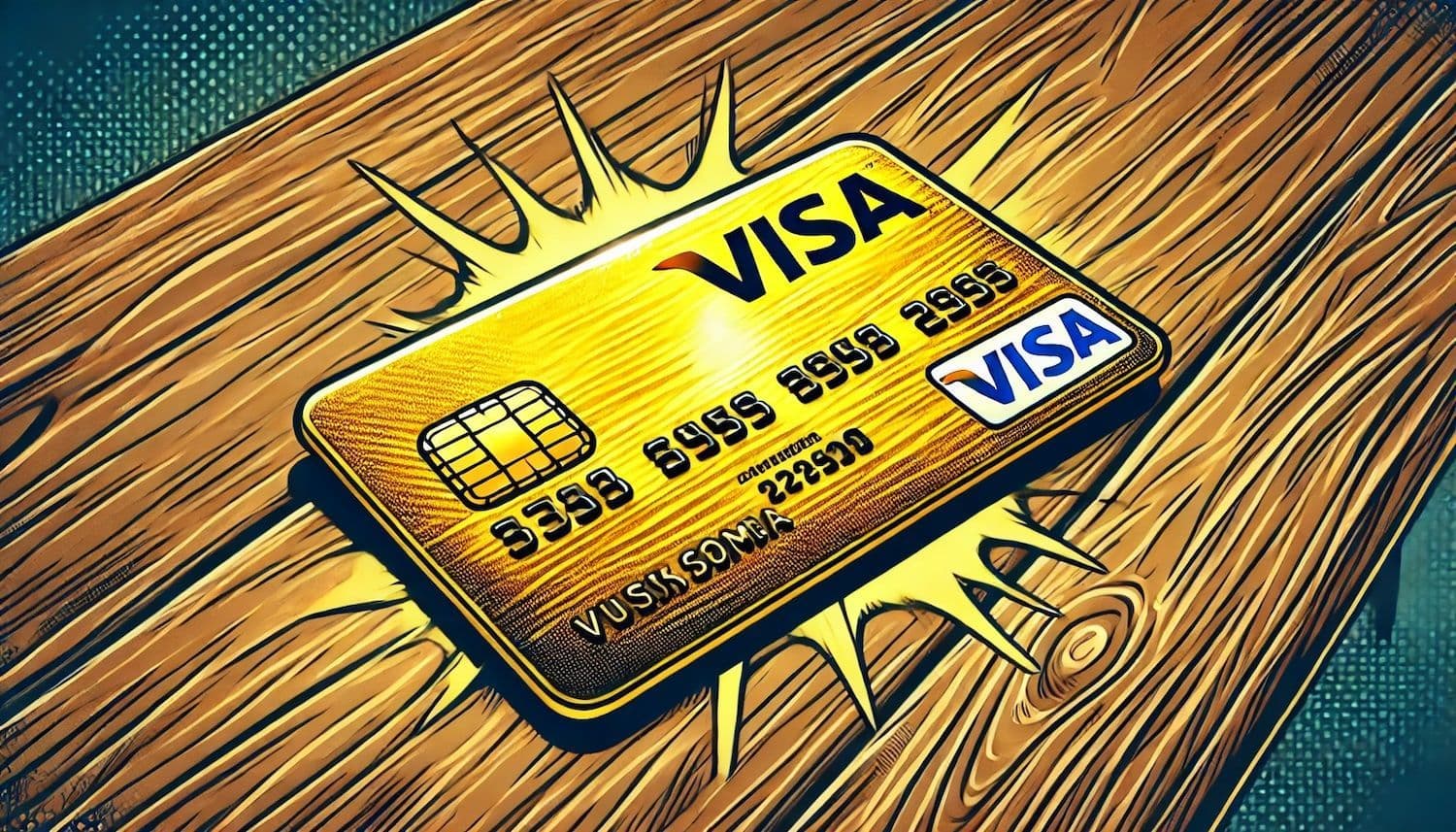Visa has launched a Web3 platform to support banks in issuing fiat-backed tokens. The move positions the payments giant at the forefront of blockchain integration in banking.
The company's crypto division, led by Cuy Sheffield, is guiding this initiative. It aims to help banks modernize their financial systems using blockchain technology. Visa's new Tokenized Asset Platform (VTAP) allows banks to explore these technologies in a regulated environment. The platform facilitates the transition from traditional systems to blockchain-powered digital infrastructure.
Spain's Banco Bilbao Vizcaya Argentaria (BBVA) is among the early adopters. It plans to launch a pilot on the Ethereum blockchain in 2025.
Visa is also exploring tokenized deposits for cross-border settlement in Hong Kong. Sheffield announced a partnership with ANZ for the second phase of Hong Kong Monetary Authority's e-HKD pilot.
The move signals that large financial institutions are ready to experiment with blockchain technologies. Visa aims to help them navigate regulatory compliance while unlocking new opportunities.
Executives have identified real-time transfers and cross-border payments as key use cases. Banks could use these tokens to move money between clients seamlessly. In regions developing wholesale CBDCs, banks could use fiat-backed tokens for inter-bank transfers, and this would enhance the efficiency of financial transactions.
Catherine Gu, Visa's head of CBDC and tokenized assets, highlighted cross-border transfers as a focus area. "For especially multinational corporates moving money 24/7, right now the rails are very limited for them to do so," she said.
Blockchain offers faster, more efficient transactions. This is why major banks are keen to explore this use case. Banks could now provide clients with round-the-clock money movement solutions. Interacting with tokenized real-world assets is another potential application.
Sheffield noted the potential for banks to use smart contracts for structured financial products. These could include automated lending against tokenized commodities.
However, challenges remain, particularly regarding platform fragmentation. Different institutions may operate on various blockchains, complicating interactions. Visa is working to address these issues by promoting global standards to ensure efficient operations across different blockchain networks.
Earlier this year, Visa partnered with Transak to enhance cryptocurrency adoption. The integration allows users to convert crypto to fiat currencies through Visa debit cards.



